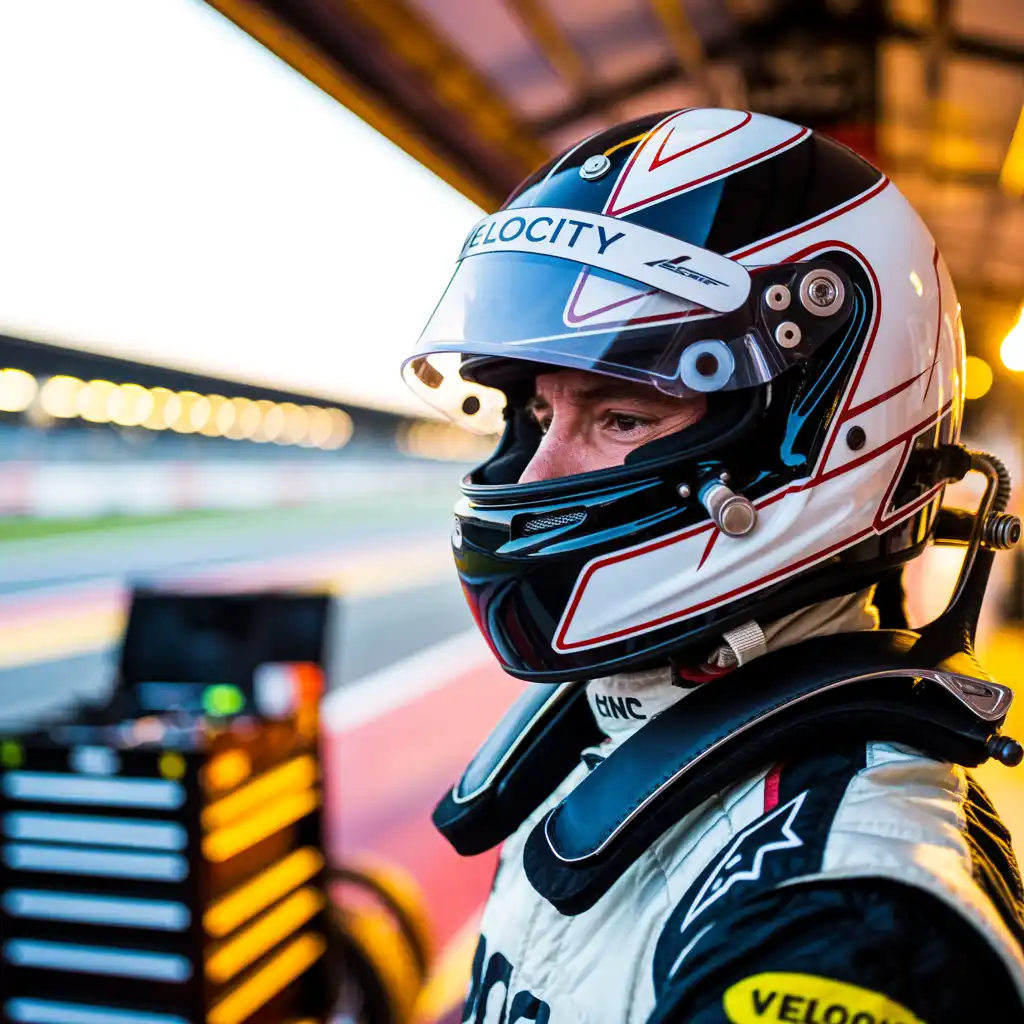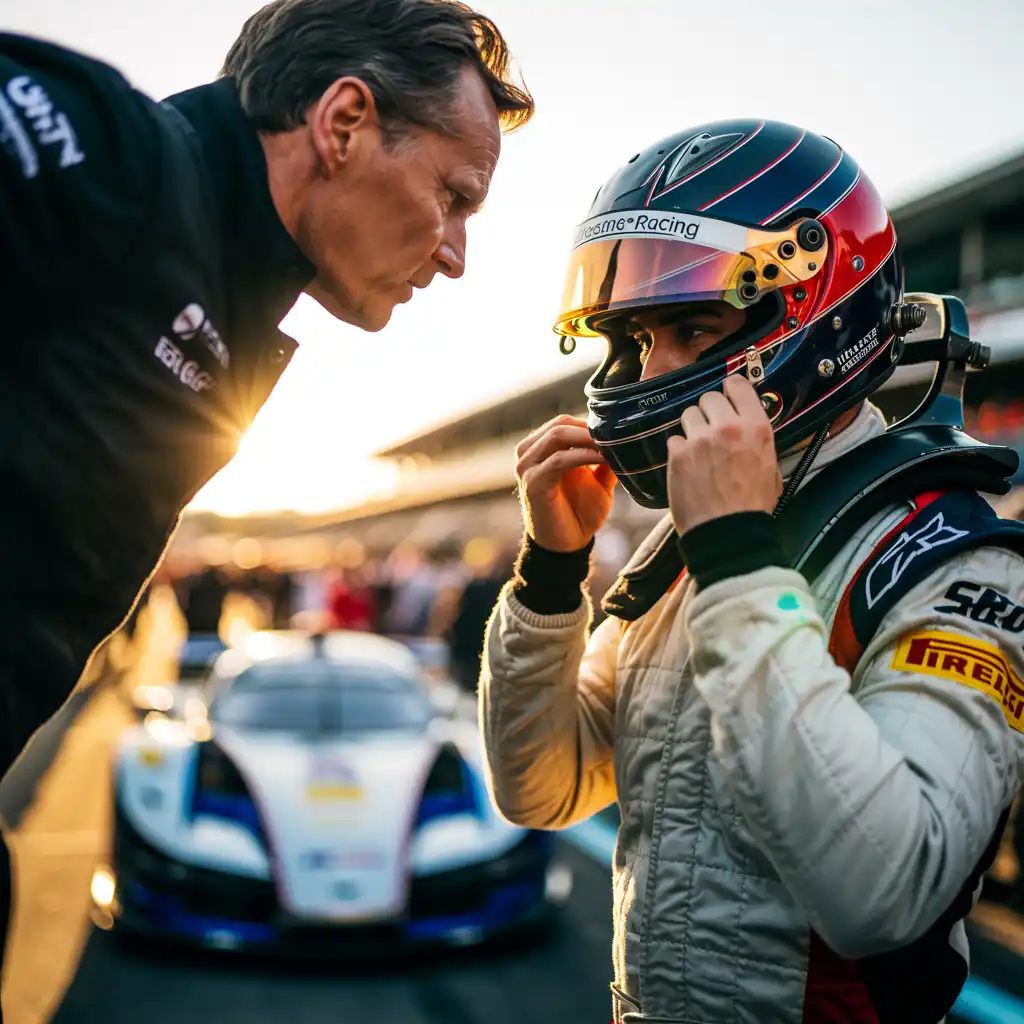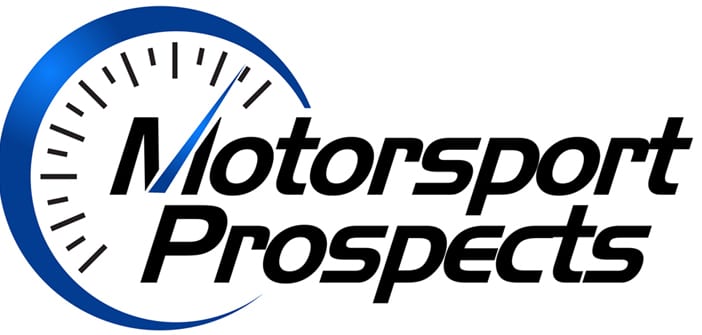
Motorsport is a world of speed, precision, and perfect control — a field where every fraction of a second counts. Yet behind the cockpit’s glass lies much more than just technique and physical strength. It is also the human mind — with its diversity, potential, and unique ways of functioning. Increasingly, we hear about neurodiversity — natural neurological variations that affect how a person perceives the world, learns, and reacts. In this context, an important question arises: are traditional, rigid motorsport training systems able to recognize and develop talents outside the mainstream — neurodivergent drivers? And how can we support them so their potential can fully unfold?
Neurodiversity in Motorsport — challenges and untapped potential
Neurodiversity includes various conditions such as autism, ADHD, dyslexia, and other forms of neurological difference. In practice, it means that the brain of a neurodivergent person works differently — neither better nor worse, just different. This is a different way of processing information, focusing, or communicating. While traditional training models favor uniform, repetitive methods, numerous studies show that neurodivergent individuals often possess unique abilities: heightened perceptual skills, exceptional attention to detail, and creative problem-solving approaches.
In motorsport, where reflexes, precision, and rapid decision-making are crucial, these traits can be a significant advantage. Unfortunately, they often go unnoticed or are even ignored because training and selection systems are not adapted to individual neurodivergent needs and specificities.
Systemic barriers to neurodivergent drivers
Traditional driver development programs focus on standardized training and stereotypical evaluation models. Such approaches may create barriers for neurodivergent individuals, who may require a different learning pace, alternative communication methods, or support in managing stress and pressure.
Lack of awareness about neurodiversity in teams and academies results in many talents remaining untapped, and some young drivers — despite immense potential — quitting their careers due to feelings of mismatch or misunderstanding.
How to recognize neurodivergent talents at an early stage?
The key to success is early diagnosis and observation. Coaches, sports psychologists, and parents should watch for signs indicating neurodiversity, such as specific behavior patterns, communication difficulties, exceptional focus on details, or unusual stress responses.
Modern diagnostic tools, including neuropsychological tests and specialist consultations, can help identify a young driver’s specific needs and talents. It is crucial that diagnosis is viewed not as a label but as a starting point for creating an individualized development path.
Where to start and what to do next? Planning the career and who to contact
Starting the journey of supporting a neurodivergent driver requires deliberate steps:
- Initial assessment: contact a sports psychologist or neuropsychologist experienced with neurodiversity to evaluate the young driver’s strengths and challenges;
- Engage the team: ensure that coaches and trainers understand neurodiversity and are willing to adapt training methods accordingly. Training staff may benefit from awareness workshops or consultation with specialists;
- Create a support network: involve parents, educators, healthcare professionals, and mentors to build a comprehensive support system around the driver;
- Set clear, personalized goals: develop a tailored career plan that takes into account the driver’s unique learning style, emotional needs, and pace of development;
- Seek specialized programs: look for motorsport academies or initiatives that embrace diversity and inclusion, or consider collaborating with organizations promoting neurodiversity in sport;
- Monitor and adapt: regularly review progress, adapt strategies as needed, and ensure open communication among all parties involved.
Taking these steps early can make a decisive difference in unlocking the full potential of neurodivergent talents and fostering a sustainable, fulfilling career.
Strategies for supporting and developing neurodivergent drivers

Developing neurodivergent drivers requires flexibility and openness. Individualizing training, adjusting the pace of learning, and creating an environment based on acceptance and understanding are fundamental for effective support.
Multidisciplinary cooperation — coaches, neurodiversity specialists, psychologists, and parents — must work together to ensure harmonious development. Examples from other sports disciplines show that such an approach leads to success and satisfaction for both the athlete and the entire team.
Benefits for Motorsport — diversity as a driving force
Integrating neurodivergent talents is not only a matter of fairness and inclusion but also a huge opportunity for the motorsport environment. Diversity in thinking and behavior can lead to innovations, new strategies, and competitive advantages.
Motorsport, as a discipline based on continuous technological and human development, gains when it opens up to diverse talents and helps them flourish.
Conclusion
“Drivers outside the system” are not a marginal group but potential leaders and innovators of motorsport’s future. Their neurodiversity is not a flaw but another dimension of human potential. To discover and support it, we need a change of approach — greater awareness, flexibility, and cooperation between coach, psychologist, parent, and driver.
Investing in such initiatives at an early stage of young drivers’ careers is not only a step toward a fairer and more inclusive motorsport but also an opportunity for development that will surprise us all — on and off the track.


